This week I visited the Lincoln Memorial in Washington, D.C., and was blown away by how powerful of an experience it was. Today, I want to explore what I took away from it, and how I feel it applies to your journey as a writer.
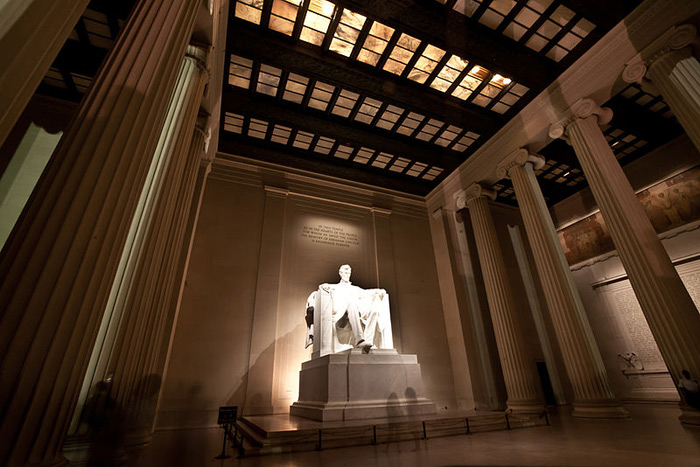
WHAT A WRITER ENABLES IN OTHERS
The Lincoln Memorial requires you to take a long walk to get to it. There is no easy access via subway and you can’t park close to it. When you arrive, there are not touchscreens or interactive elements, just marble and stone.
So here I am staring at a larger than life sculpture of one man whose actions had profound effects on millions to this very day. But I couldn’t help but consider the community around him that made his actions possible. That without so many others, there would likely be no monument.
For each of us, other people make our own achievements possible, either directly or indirectly, either within our time or before it. Sometimes these are positive actions from those we know well, such as a friend who reaches out to a bookstore to get you a book signing there. But oftentimes, it can be what seems like a negative action from those we barely know: the job that lays you off, setting into motion your reinvention from an accountant to a writer.
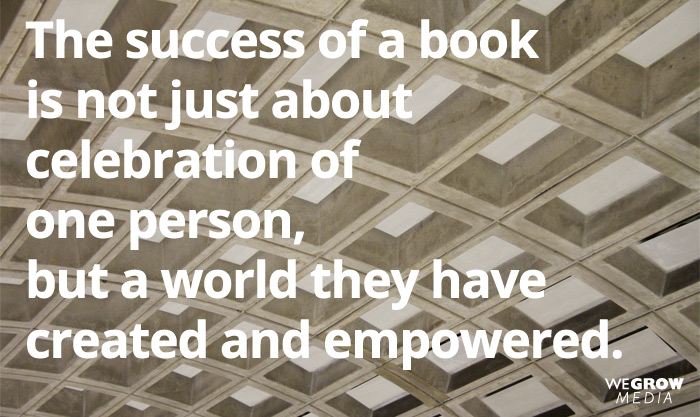
For those who have been through the publishing process, they understand that success as a writer is not about the greatness of one person. It is often built on the shoulders of others, a group project where the writer is works with many others: publishers, agents, editors, spouses, friends, and of course: readers.
#1 New York Times Bestselling author John Green has talked about this in a video I saw recently, but can’t seem to find right now. He wrote out an entire list of other people who co-created his bestselling book The Fault in Our Stars. He was open that some of it was written or rewritten or edited or contributed to by his wife, his editor, his friends, and inspired by so many others. Then there are small things such as this:
The nice people at Penguin have made a web site just to help you make TFiOS your next book club pick. johngreenbookclub.com
— John Green (@realjohngreen) March 12, 2013
Likewise, the success of a book is not just about celebration of one person, but a world they have created and empowered. When I stand in the Lincoln Memorial, I am reflecting upon not the person of who Abraham Lincoln was, but the powerful effects of his life. What he now represents beyond just being a single person.
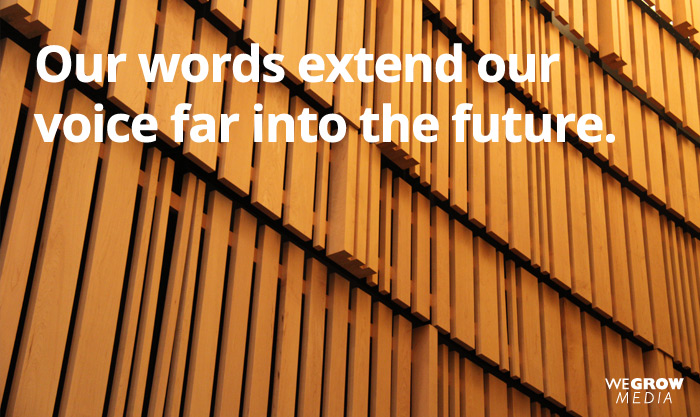
WORDS CREATE BEGINNINGS, NOT ENDINGS
Flanking the statue of Lincoln in two massive rooms are inscriptions of Lincoln’s most famous speeches, The Gettysburg Address and his Second Inaugural Address. Reading them, carved into stone, in a font that is half a foot tall, the power of these words is overwhelming.
Look at how tiny my son is compared to these words:
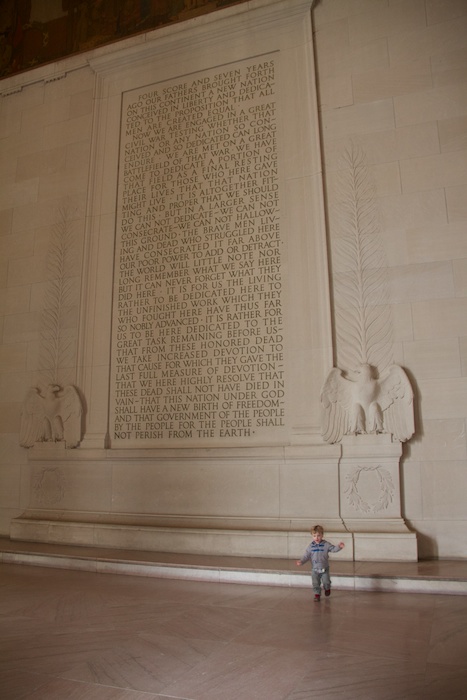
Too often, writers focus on the goal of publishing their book, and beyond that, book sales. They see the process of writing as one of endings: finishing a manuscript, getting the book published, making a sale.
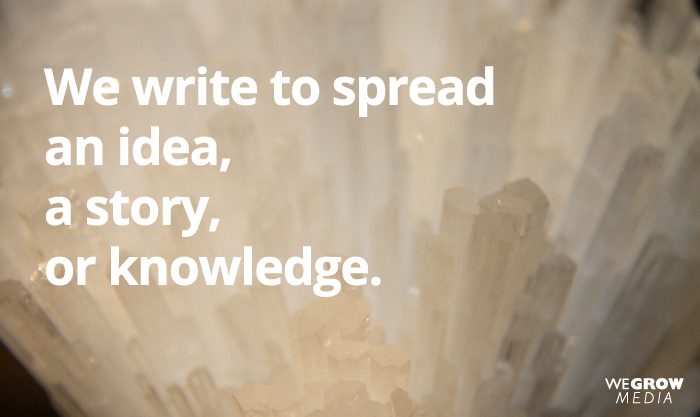
But really, writing is about beginnings. About the power of words, and what it starts in others.
Our words are ways we extend our reach, the ways we funnel our experience and ideas and knowledge into something that can reach others in powerful ways. And also extend our voice far into the future.
And of course, there are obvious connections here: this very platform of the Lincoln Memorial became the place that Martin Luther King, Jr. delivered other amazing words that reshaped a generation with his “I Have a Dream” speech.
The point of the stone monuments is to try to ensure these ideas last. And that is the the point of writing and sharing and publishing for many writers. To spread an idea, a story, or knowledge. To help ensure it lasts.
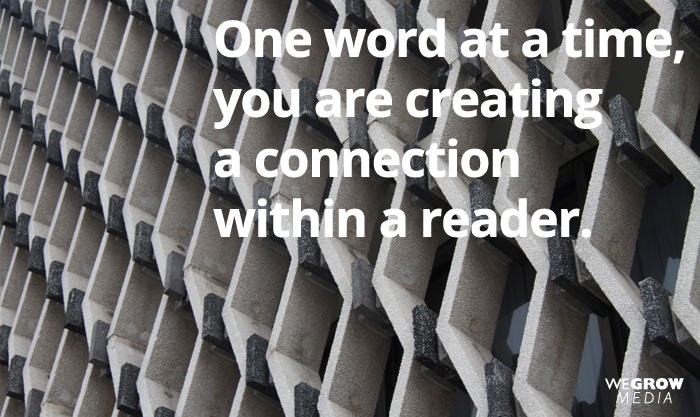
You likely aren’t working with a chisel and stone to create your words, but rather a pen or a keyboard. Perhaps your words will not reshape a nation, but they can very well reshape the potential in one person’s life. One word at a time, you are creating a connection within a reader. And who knows to what amazing things that can lead.
I try to keep this in mine for my own work, and in the courses I teach for writers such as Build Your Author Platform, or my new ebook: A Writer’s Guide to Blogging. The goal is to help ensure writers focus not just getting their work published, but that it has an impact on people’s lives.
Standing in the Lincoln Memorial, I am reminded that what we create today has the potential to outlive us by generations. And while I won’t pretend that my work has even the tiniest resonance of what Abraham Lincoln has achieved, it won’t diminish my willingness to try anyway.
-Dan

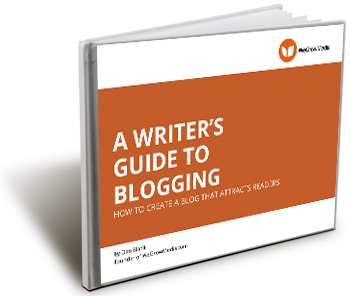
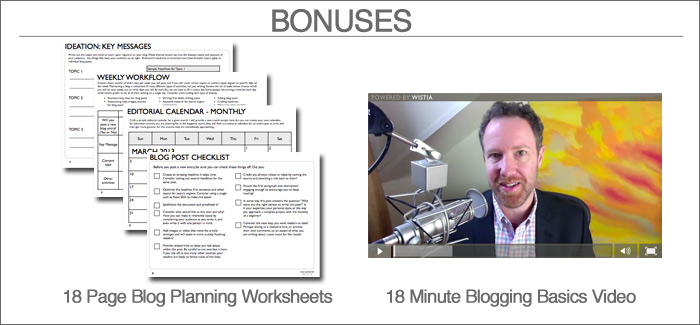
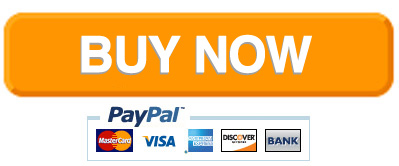
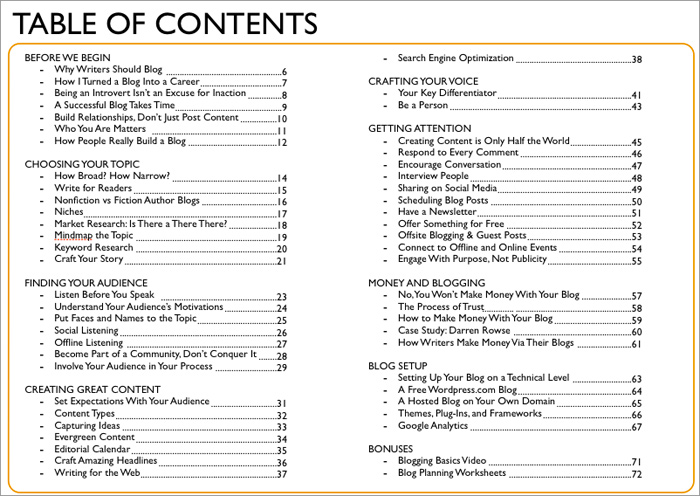
 This ebook, the bonus worksheets and video are guaranteed to supercharge your blog. If you aren’t completely satisfied within 30 days, I am offering a 100% money-back guarantee. There is literally no risk.
This ebook, the bonus worksheets and video are guaranteed to supercharge your blog. If you aren’t completely satisfied within 30 days, I am offering a 100% money-back guarantee. There is literally no risk.  My name is Dan Blank, and I help writers build their platforms, and work with publishers to grow their online communities. I have worked with hundreds of writers to help them develop the skills they need to build and engage their audiences. I have taught courses for Writer’s Digest and Mediabistro, and spoken at many of the major publishing and writing conferences. For my full background, please check out
My name is Dan Blank, and I help writers build their platforms, and work with publishers to grow their online communities. I have worked with hundreds of writers to help them develop the skills they need to build and engage their audiences. I have taught courses for Writer’s Digest and Mediabistro, and spoken at many of the major publishing and writing conferences. For my full background, please check out 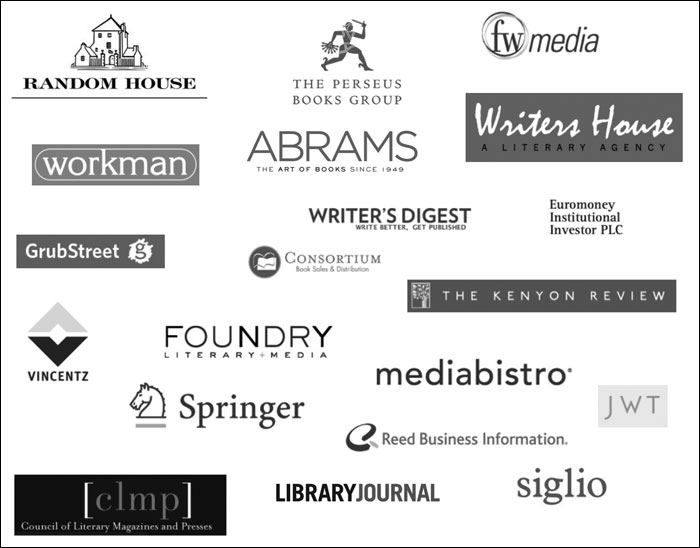
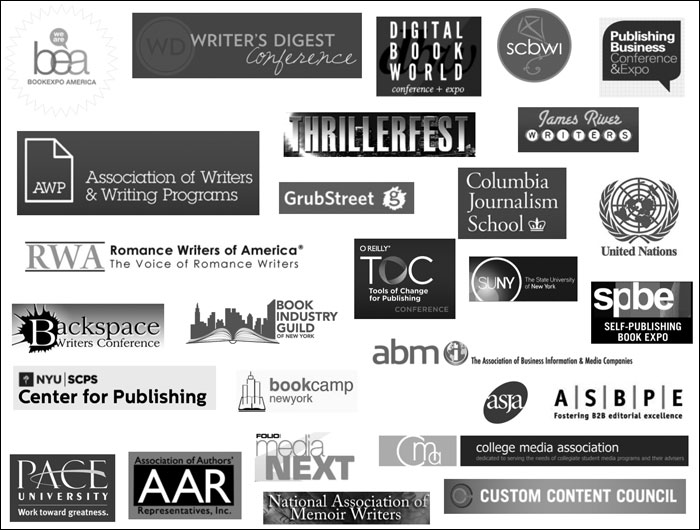
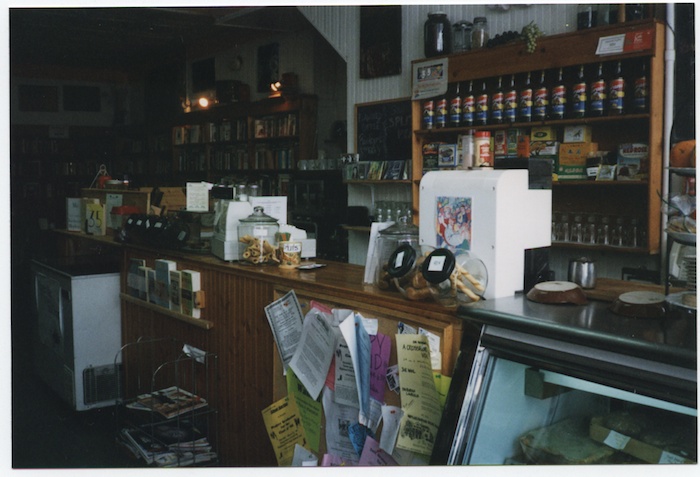
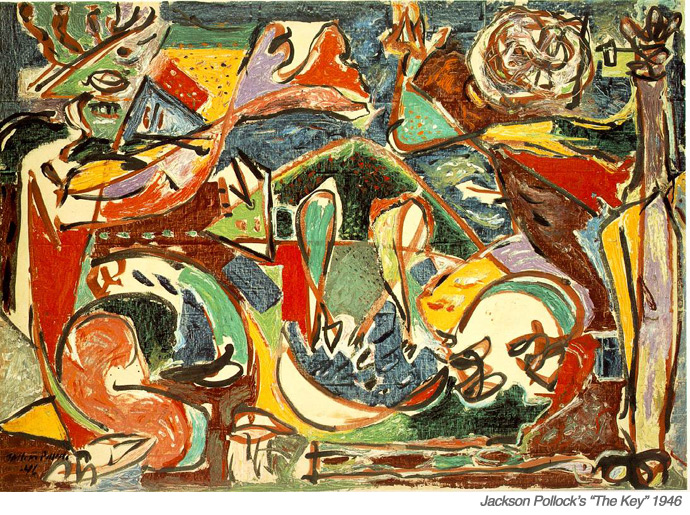
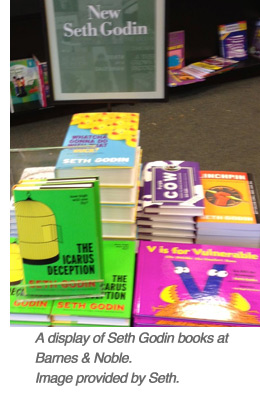 I received an unexpected email from Seth Godin today – he read
I received an unexpected email from Seth Godin today – he read